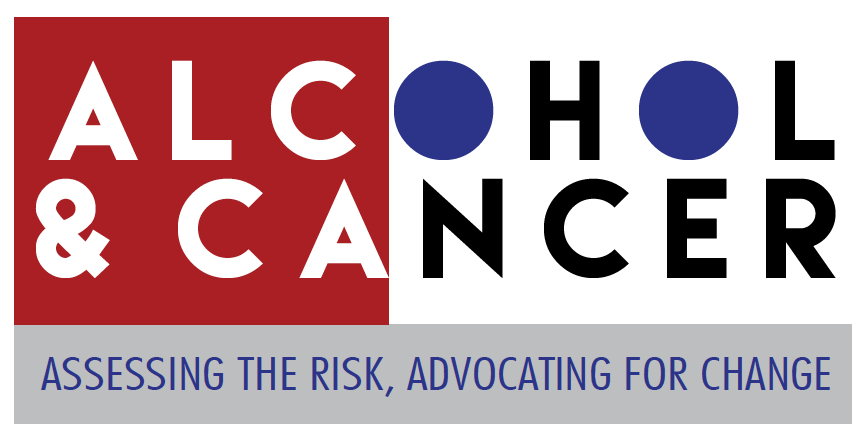Blog
Search
Alcohol & Cancer Symposium 2015
May 18, 2015
The first symposium on alcohol and cancer in the U.S., held April 16 in NYC, began important conversations around "what do we know?" and "what are we going to do about it?" with regard to alcohol's role(s) in cancer illness and death. The symposium was sponsored by the U.S. Alcohol Policy Alliance, IOGT International, New York Alcohol Policy Alliance, Staten Island Partnership for Community Wellness, UNIDOS Coalition, Columbia University Mailman School of Public Health, and Alcohol Justice.
Opening and closing keynotes shared powerful messages and inspirational examples of what cancer prevention advocates and alcohol policy advocates can accomplish, and have accomplished, together. Wendy Yared, Director of the Association of European Cancer Leagues and a founding member of the EU Alcohol & Health Forum, described ways that she and her colleagues in the EU include alcohol in public messaging about reducing cancer risk factors and lowering/halting alcohol consumption as a health-promoting behavior. Nicholas Freudenberg, public health professor at CUNY and Hunter College and founder/director of Corporations and Health Watch, outlined the corporate consumption complex with regard to alcohol (and tobacco and food), along with lessons about building a movement to dismantle said complex: frame the conflict, invite broad participation, operate at multiple levels, target specific companies, engage government, and promote democracy.
Researchers from Boston University, Columbia University, and New York University provided updates on current research regarding alcohol's connection to, and association with, incidence of and demographic disparities in alcohol-related cancers in the U.S.; alcohol as a modifiable risk factor for intermediate markers of breast cancer in girls; and the association of low alcohol consumption with reduced risk of obesity-related cancers. Public health advocates from Breast Cancer Action, the Mount Sinai Health System Chaplaincy, and Alcohol Justice shared about existing gaps and opportunities for organizations to build alliances, resist industry influence, and advocate for evidence-based policies that would make a difference in alcohol-related cancers in the U.S.
Alcohol has been identified as a Group 1 (cancerous to humans) carcinogen by the World Health Organization's International Agency for Research on Cancer (IARC) for nearly three decades. As the strong and growing research base shows, alcohol is a causal factor -- an avoidable, preventable one -- for at least seven types of cancer. Even low levels of alcohol consumption increase risk for various cancers including breast cancer.
Yet a recent study found that while more than 70% of state comprehensive cancer control plans in the U.S. recognize the link between alcohol use and cancer, effective prevention-level alcohol policies were absent from nearly all. For example, only two out of 69 total plans included increases in alcohol prices, one of the most effective alcohol policies available, as a strategy to prevent excessive alcohol use. Meanwhile, the Scientific Report from the committee updating the 2015 Dietary Guidelines for Americans (a joint effort from the U.S. Department of Agriculture and the U.S. Department of Health and Human Services) dangerously shifted from evidence-based recommendations and definition for lower-risk drinking, to a two-to-threefold increase in daily consumption limits, with no research base to support such a shift.
The 2015 Alcohol & Cancer Symposium is an important first step in addressing alcohol-related cancers in the U.S. The opportunities to reduce rates of illness and death from cancer by lowering alcohol consumption are many. Go to alcoholandcancer.info to learn more.
Help us hold Big Alcohol accountable for the harm its products cause.
| GET ACTION ALERTS AND eNEWS |
STAY CONNECTED    |
CONTACT US 24 Belvedere St. San Rafael, CA 94901 415-456-5692 |
SUPPORT US Terms of Service & Privacy Policy |
Copyright © 2026 Alcohol Justice. All Rights Reserved.
Joomla! is Free Software released under the GNU General Public License.


